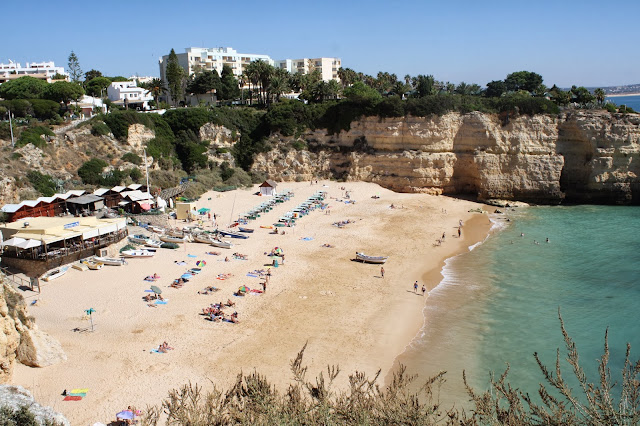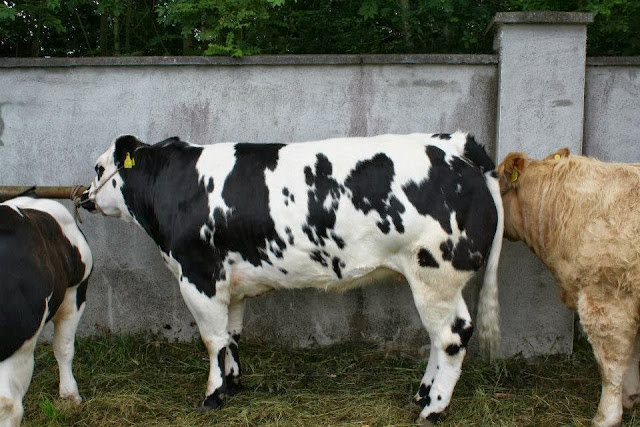It never fails to amaze me how many films
there are on time travel. Time
travel has long held a fascination for many of us. Apparently, even famed astrophysicist Stephen Hawking
believes humans are capable of time travel
into the future. There are at least 150 well known short stories and
novels dating back to 1733 about time travel. As for television series on time
travel, early recollections go way back to 1951 where Scientist Captain Z-Ro, had a time machine, the ZX-99, both to view
history and to send someone back in time.
Popular
movies on time travel include Back to the Future, Groundhog day, The Lake House, The Time
Traveller’s Wife and recently About Time. The main thrusts? Reliving past
events, returning to yesterday and even the possibility of changing what had
been.
Then I ask myself if ever I am confronted
with such a possibility, would I do it?
To satiate my curiosity I would certainly
like to see how Van Gogh painted his sunflowers, how Beethoven composed the 5th
Symphony or how Thomas Edison invented the light bulb. Nearer home, I would
like to see how my parents lived as children. Maybe I would like to see again
all the good stuff that happened to me in the past. I would like to see what
would have happened if my life choices were different: careers, relationships,
ambitions, values. But I certainly would not like to travel into the future
because I am not brave enough to see unfavourable events unfold, especially if
they concern the people that I care for.
The possibility of ‘altering’ the sequence
of events is also very tempting. Just imagine that I had done something totally
awkward and because of that one incident, my whole life had been ruined. Or I
had uttered one wrong thing and lost my good friend in the process. Unkind words, like feathers tossed from a
roof, float everywhere and cannot be gathered back. How simple it would be to
travel back in time and undo what I had done.
Or we may also be laden with the ‘save the
world’ responsibility where we could stop evil from happening. I wouldn’t be
surprised if we ended up very tired with all the travelling into the past to repair
the errors of world history - to stop despots and bad emperors from ruining the
lives of their subjects.
What if we travelled into the past and
befriended some cave men and they decided to follow us back to real time?
Imagine the amount of adaptation they would have to undergo.
But then again comes the trap of not being
accountable for our deeds. We make mistakes and hopefully, in so doing we
learn, grow and change for the better. If we could always go back and make good
what went wrong, then it would be like a short cut to life. What we learn would
be getting into a machine, fixing the problem and then coming back to the
present in the machine. Imagine the chaos if time machines were easily
available to all and sundry! Then there would certainly be great congestion in
space, maybe some kind of space-jam.
Like everything else, time travel has its repercussions.
Changing the time line is a paradox.
The elimination of your ancestor for example would mean you no longer exist. We might even accidentally disrupt the normal course of various events,
setting off a chain reaction that turns the future into a dystopian society
– the horror of it all.
The whole element of the antithesis will be
absent if we could time travel. We cannot see light without darkness. We cannot
appreciate good unless we have seen the bad. We cannot hope if we are always
fixing the past. Then we cheat ourselves of the joy when we see expectation
realised and anticipation fulfilled. With time travel, we are in control and we
sit and watch how we would like things to be. That certainly deprives us of the
element called spontaneity.
Opting for the
alternative – which is living in real time might not be such a bad idea after all. By living in the here and
now we learn to notice. Noticing
imbues each moment with a new, fresh quality. This is called the ‘beginner’s
mind.’ By acquiring the habit of noticing new things, we recognize that the
world is actually changing constantly. And
that is fun.
This is the last Sunday for 2013 and we
will embrace the next Sunday in a new year. Where did all the time go? So, for
the moment, I will just be content with Uber Morlock’s statement in H.G.
Wells The Time Machine.
“We all have our time machines, don’t we? Those that take us back are memories…And those
that carry us forward, are dreams.”
Source: The New Straits Times, http://www.nst.com.my/opinion/columnist/the-present-moment-is-always-enough-for-now-1.380330
Source: The New Straits Times, http://www.nst.com.my/opinion/columnist/the-present-moment-is-always-enough-for-now-1.380330








































